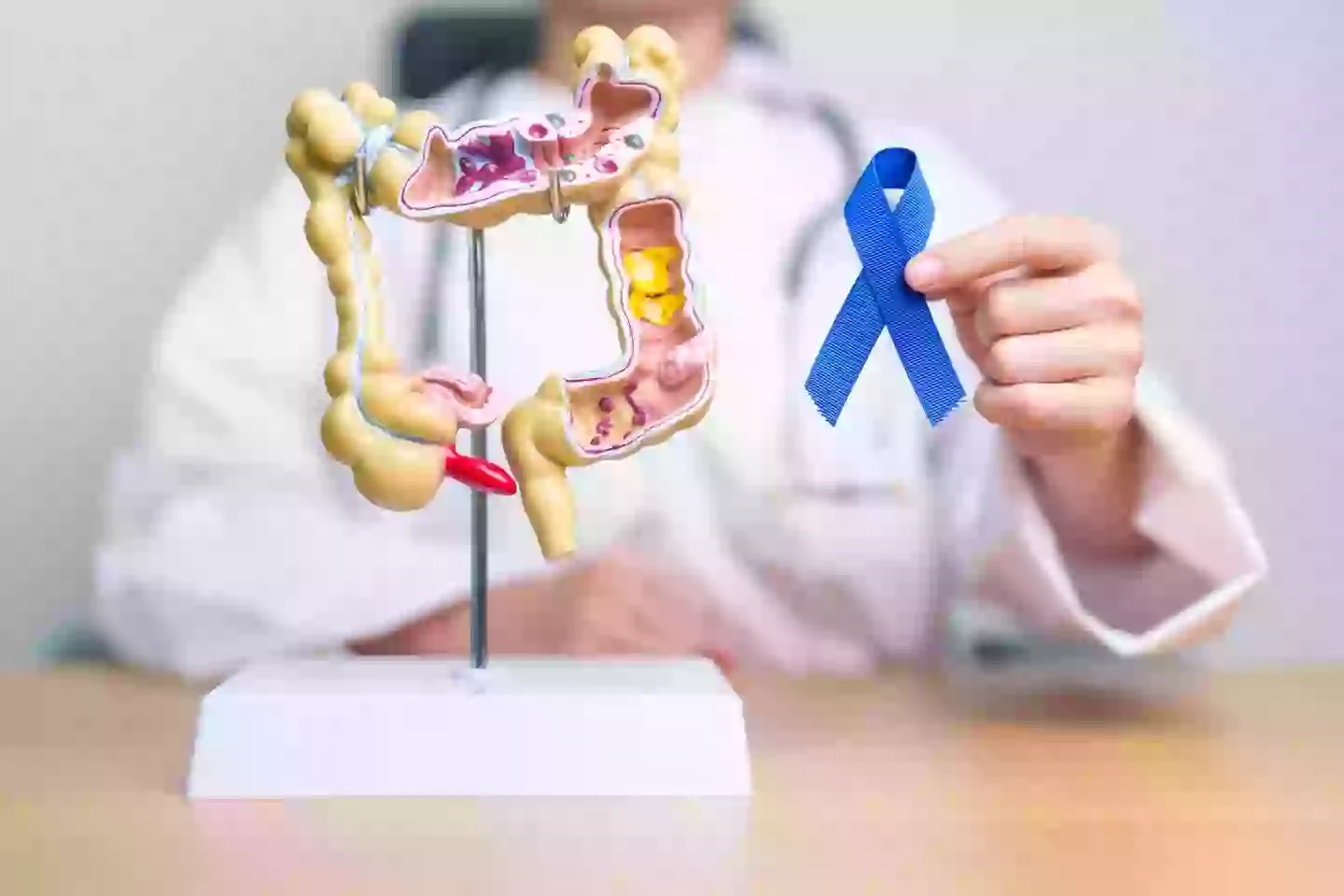Breakthrough Alert: Could This Common Factor Be Fueling Colon Cancer in Millennials?
Ever wonder if your gut could be secretly plotting against you? Well, buckle up, because science might just have a gut-busting revelation to share, especially for the younger crowd. While most of us are busy fending off the latest diet trend or another dreaded Monday, there’s a silent raider in our ranks: colon cancer. Believe it or not, this uninvited guest has doubled its diagnosis rates in the US among those under 55 since 1995. And here’s the kicker, it’s sneakily climbing by about three percent a year in peeps below 50. It’s not the kind of percent increase you want to see!
Now, what’s the culprit behind this disturbing trend? A recent study waltzed in with a rather damning piece of evidence: a nast little dude called colibactin. This isn’t just any bacteria; it’s the type that’s decided to start playing darts with our DNA, turning it into a sort of toxic amusement. Research has shown that this conniving toxin’s got its sights set on your colon, potentially turning healthy cells into cancer ones over time.
Here’s the part where I might get a bit personal – you’d think your first 10 years of life are time for eating mud pies and learning to ride a bike, not for setting up the groundwork for future health issues. Yet, it’s during this time that these sneaky little microbes might be starting their mischief.
So why’s this all happening now? Well, apparently, our modern life might be playing host to this unwanted scenario. Increased early-life antibiotic use, a smorgasbord of processed foods in our diets, C-section deliveries, less breastfeeding, and the communal petri dish that is early group childcare could be tipping the scales in favor of these bacterial troublemakers.
The good news, if you can call it that, is that scientists are on the trail. Prof. Ludmil Alexandrov (who doesn’t love saying that name?!) from the University of California, San Diego, reckons the next step is figuring out if your gut has been exposed to this toxin. It’s like the search for the Holy Grail but for gut health. “The goal is to identify people who are at elevated risk for developing early-onset colorectal cancer, ideally before any disease has developed,” he says. Cue the dramatic music, we’re now going to be on a proactive quest to keep our colons in check.
Scientists researching the potential causes of colon cancer may have found a major warning sign for younger people to be on the lookout for.
Colon cancer rates among young people are growing at a concerning rate, as over in the US, diagnoses of colorectal cancer among those under 55 had doubled between 1995 and 2019.
Meanwhile, in people younger than 50 rates of the disease are increasing by around three percent each year, which doesn’t sound like much but quickly adds up as the years rattle on.
According to a new study, part of the reason why the rate of colon cancer has been growing so much among younger people is because harmful bacteria in your gut is producing a toxin called ‘colibactin’.
Research into colibactin has shown that it can cause damage to the DNA in your colon, which can eventually result in the development of cancer.

Around half of colorectal cancer cases in under 40s can be linked to the toxin colibactin, according to new research (Panuwat Dangsungnoen/Getty)
During their experiments, scientists studied the DNA sequencing of cancer tumours from 981 patients across 11 countries and found that colibactin damage to DNA was 3.3 time more common in patients younger than 40 than those over 70.
Professor Ludmil Alexandrov of the University of California San Diego told NBC that in their studies scientists had found around half of early onset colorectal cancers in under 40s ‘carried the distinctive signature of colibactin exposure’.
He explained that the damage was often done in childhood and the DNA changes in a person’s first 10 years of life could have a significant impact further down the line through tumours forming.
As for the reason why this toxic product of harmful gut bacteria is having a more pronounced impact on people than it used to, and Professor Alexandrov said: “There are several plausible hypotheses, including early-life antibiotic use, which may allow these strains to establish more easily.
“Dietary shifts such as increased consumption of processed foods or reduced fiber consumption; increased rates of C-section births or reduced breastfeeding; and wider use of early group childcare which could facilitate microbial transmission during a critical developmental window.

Now they know one of the leading causes of colon cancer in young people, scientists can go about testing for presence of the cause (KATERYNA KON/SCIENCE PHOTO LIBRARY/Getty)
“Collectively these shifts may be tipping the balance towards early-life acquisition of these microbes.”
Now that scientists have observed a link between colibactin and rates of colon cancer in younger people, Professor Alexandrov has said the next step is finding ways to determine whether or not someone’s gut has been exposed to the toxin.
He said: “The goal is to identify people who are at elevated risk for developing early-onset colorectal cancer, ideally before any disease has developed.
“We would want to have these people regularly checked.”
When it comes to cancer, identification and prevention are all important.














